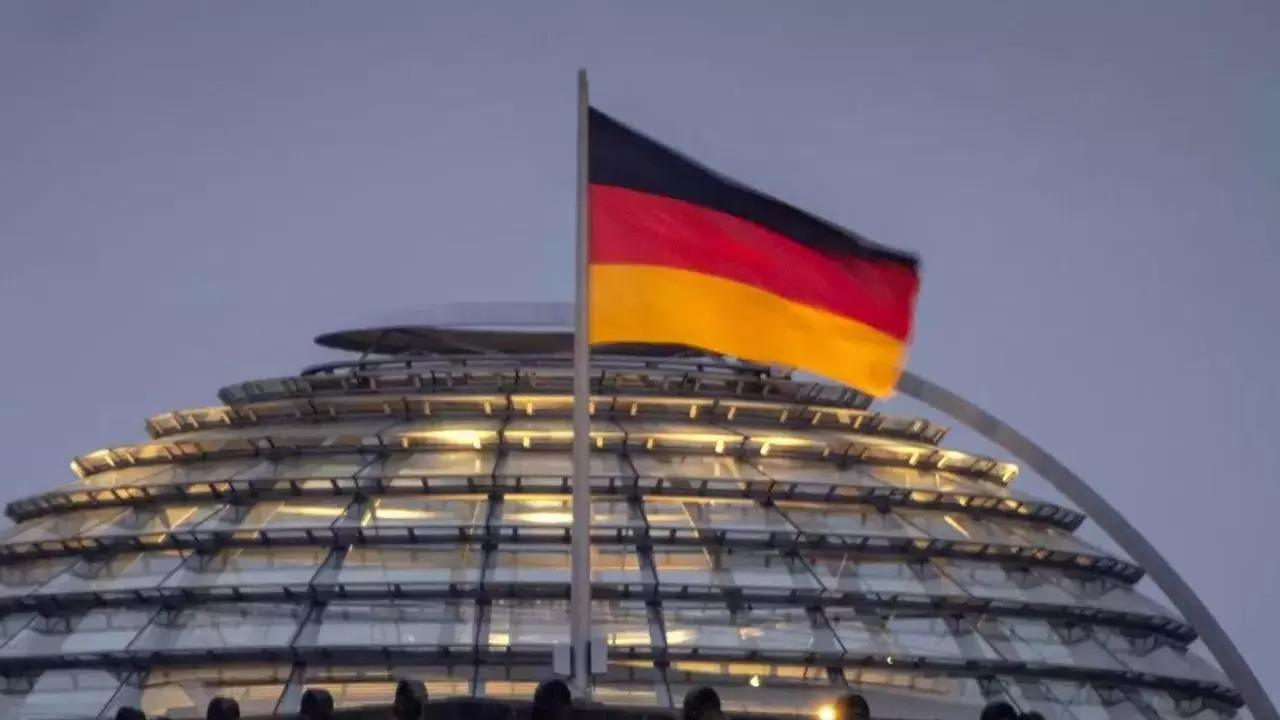
‘Germany may draft teens in army as Putin readies nuclear forces’WORLD NEWS
NEW DELHI: Germany is actively contemplating the reintroduction of compulsory military service for all 18-year-olds as it faces increasing geopolitical pressures from an assertive Russia, detailed in leaked military documents. These discussions, reportedly reaching final stages within the German defense ministry, come at a time when Russian President Vladimir Putin has ramped up his militaristic rhetoric and readiness, particularly highlighting the full combat readiness of Russia’s nuclear forces.
As per a Daily Mail report, defense minister Boris Pistorius, during a recent visit to the United States, expressed his conviction that Germany must reinstate some form of military conscription, an arrangement previously abandoned in 2011. Reflecting on the past decision, Pistorius labeled the discontinuation of compulsory service a “mistake,” pointing to the current heightened threat landscape which he believes necessitates a return to mandatory military enrollment for young Germans.
The proposals under consideration vary in scope and inclusivity. The primary plan would mandate a year of military service for all men reaching the age of 18, aligning with past practices. A more expansive second proposal seeks to include women in the conscription process, which would require amending the German constitution—a move that insiders believe would likely garner public support given the current security concerns.
Alternatively, a third option suggests a selective process where only certain individuals would be conscripted. In this scenario, all eligible young men would complete an online form, and selections for service would be made from this pool, allowing for a more targeted approach to building military capacity.
These developments are underscored by Putin’s aggressive stance, demonstrated in a recent speech in Moscow’s Red Square where he not only confirmed the readiness of his nuclear forces but also criticized the Western nations for their geopolitical strategies. This speech has significantly raised the stakes, suggesting the possibility of broader conflict, the Daily Mail report said.
Within Germany, these military discussions coincide with domestic policy decisions aimed at supporting the Ukrainian community in Germany. Chancellor Olaf Scholz recently assured that Ukrainians who are employed and hold a residence permit in Germany can continue to stay, despite Ukraine’s efforts to conscript its nationals abroad to strengthen its defense against Russian aggression.
The reintroduction of conscription in Germany, if approved, would signal a significant shift in Nato’s preparedness and Europe’s security strategy, reflecting broader anxieties about Russian intentions and the stability of regional peace.
As per a Daily Mail report, defense minister Boris Pistorius, during a recent visit to the United States, expressed his conviction that Germany must reinstate some form of military conscription, an arrangement previously abandoned in 2011. Reflecting on the past decision, Pistorius labeled the discontinuation of compulsory service a “mistake,” pointing to the current heightened threat landscape which he believes necessitates a return to mandatory military enrollment for young Germans.
The proposals under consideration vary in scope and inclusivity. The primary plan would mandate a year of military service for all men reaching the age of 18, aligning with past practices. A more expansive second proposal seeks to include women in the conscription process, which would require amending the German constitution—a move that insiders believe would likely garner public support given the current security concerns.
Alternatively, a third option suggests a selective process where only certain individuals would be conscripted. In this scenario, all eligible young men would complete an online form, and selections for service would be made from this pool, allowing for a more targeted approach to building military capacity.
These developments are underscored by Putin’s aggressive stance, demonstrated in a recent speech in Moscow’s Red Square where he not only confirmed the readiness of his nuclear forces but also criticized the Western nations for their geopolitical strategies. This speech has significantly raised the stakes, suggesting the possibility of broader conflict, the Daily Mail report said.
Within Germany, these military discussions coincide with domestic policy decisions aimed at supporting the Ukrainian community in Germany. Chancellor Olaf Scholz recently assured that Ukrainians who are employed and hold a residence permit in Germany can continue to stay, despite Ukraine’s efforts to conscript its nationals abroad to strengthen its defense against Russian aggression.
The reintroduction of conscription in Germany, if approved, would signal a significant shift in Nato’s preparedness and Europe’s security strategy, reflecting broader anxieties about Russian intentions and the stability of regional peace.
